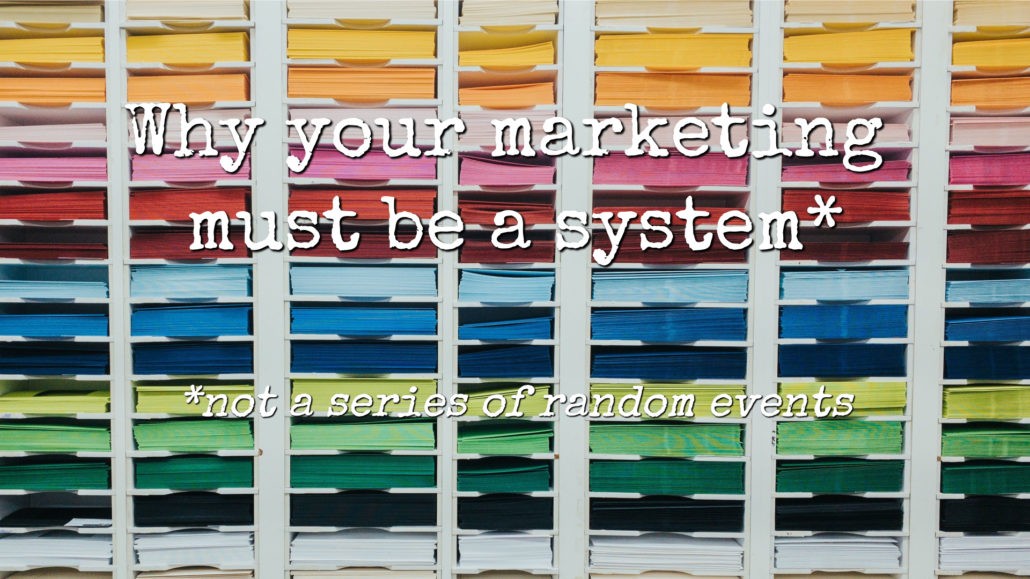Here's a question which comes up now and again when I'm talking to my MSP Masterminders: How do we get our technicians to sell?
Because they've got all the selling opportunities in front of them. They're sitting there every day speaking to people on the phone, and dealing with tickets.
Quite often they're fixing problems that could be dealt with more proactively if the client bought a better level of service, or a different flavour of the existing solution.
Yet as we know, many technicians don't want to sell. There are always the odd ones who are very good at selling and they just get on with it.
But how do you motivate the majority who hate selling, to actually sell?
I believe we're coming at this from the wrong point of view
As the owners of the business, we all want more monthly recurring revenue.
This is the lifeblood of any MSP business. And so it's the thing that we're focused a great deal, when dealing with existing clients.
But from the technician's point of view, they're not really interested in helping you to grow your monthly recurring revenue. Many of your staff look at you and the clothes you wear, and the car you drive, and the house you live in... and believe that you're rich enough already!
Because all they see are the rewards. They don't see the years of risk, hard work, and all the sleepless nights. They don't see the amount of business-related debt that you carry, and the personal guarantees you are burdened with. And they don't see that for every £1 that comes into the business, only a small proportion of that actually reaches your personal pocket.
So you need to stop looking at this from your point of view, and instead try to reposition it from one of two other different points of view.
The first is the client's point of view
Most technicians, most of the time, want to do a good job for the clients. They want to stop them from having problems. They want to fix their issues when they arise.
And they want the clients to be happy and to say: "Thanks so much for that. You did a great job"... because we're quite driven as people to seek that kind of feedback.
If your technician can recommend something to a client that makes their life easier, then they're much more likely to do this. Especially when they can start to understand that - unlike consumers - business decision makers don't make all decisions based on cost alone.
So you owe it to your technicians to do some kind of weekly training with them. Perhaps just getting them together as a group for Pizza Tuesdays to teach them about a specific service that you're offering, and what symptoms to look out for.
In fact, if you did this every single Tuesday for the next year, that alone would help your technicians to sell more. Simply because they'll learn how to spot more symptoms of more problems. And to understand that actually there is a solution ready for those problems.
The other way to position it is from the tech's point of view
To answer the question of "what's in this for me?"
Whether we like it or not, many people operate in a very selfish manner. It may not seem that way on the outside, but inside they're asking themselves, at some level, what's in this for me, why should I do that for you.
So perhaps the right thing to do is to offer your technicians a little slice of the pie, if they can contribute to the business in a way that helps the clients. The client gets help, the business gets some extra revenue, and they get a top up to their beer & Xbox fund. Everyone wins.
You could put in place a very simple scheme, such as they get 10% of anything they sell:
- If it's a one off project, they get 10% of the revenue
- If it's monthly recurring revenue, they get 10% of the first year's value
- And of course they only get this cash when you've received the cash, so there's no risk to you
Perhaps the most robust way to do this is a combination of the two - weekly awareness training, with a simply reward scheme.
It's also worth making sure that your techs are very aware of what your clients are already buying (and not buying)
All that information is sat in the PSA. But I'm a big fan of dragging it out of the computer and making it physical. Putting it on a big white board or a flip chart in the form of a profit matrix.
Click here to read my full article I wrote about this, a month or so ago




